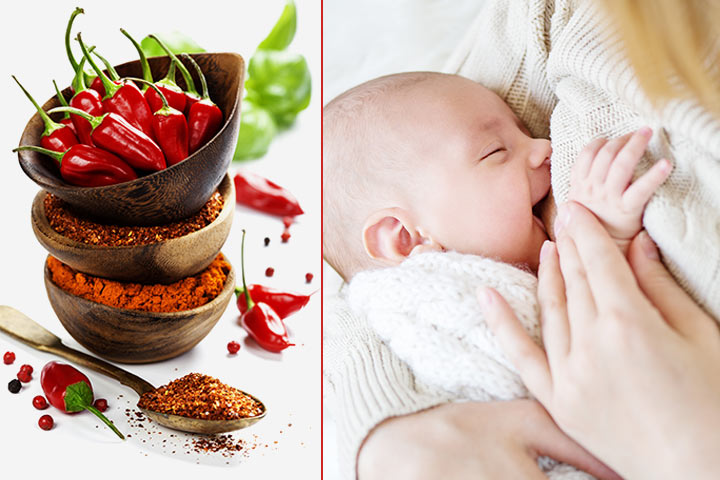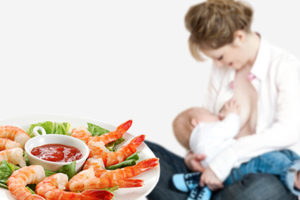Many women find the need to restrict or alter their diets during pregnancy difficult. It may not be easy for someone accustomed to five cups of coffee a day (or an alcoholic drink or two during dinner) to abruptly change her habits and give up her daily java jolt. After nine months, however, the improvements to your diet and lifestyle may have become routine. If so, you’re fortunate: your new, healthier eating habits will help contribute to your baby’s health and development—as well as your own health. Still, now that your baby is born, it’s natural to wonder whether it’s all right to enjoy a cup of coffee with breakfast or a glass of wine with dinner without worrying that doing so will harm your baby. Fortunately, the mammary glands that produce your milk are able to provide your baby with highly nutritious milk even if your diet isn’t perfect every day. The mammary glands and milk-producing cells also help regulate how much of what you eat and drink actually reaches your baby through your milk.
Caffeine
Consuming coffee, tea, and caffeinated sodas in moderation is fine when you are breastfeeding. Breast milk usually contains less than 1 percent of the caffeine ingested by the mom. And if you drink no more than three cups of coffee spread throughout the day, there is little to no caffeine detected in the baby’s urine. However, if you feel that your infant becomes more fussy or irritable when you consume excessive amounts of caffeine (usually more than five caffeinated beverages per day), consider decreasing your intake. Pay attention to the amount of tea and soda you drink and chocolate you eat, too. Most teas, sodas, and chocolate contain caffeine.
Alcohol
Alcohol passes through your milk to your baby, so it’s best to avoid habitual use while breastfeeding. And while drinking beer does not increase your milk supply, as urban myth suggests, consuming alcohol of any kind may decrease the amount of milk your baby drinks. Alcohol can change the taste of your milk, and this may be objectionable to some babies.
If you choose to have an alcoholic drink, it’s best to do so just after you nurse or express milk rather than before, and allow at least two hours per drink or two before your next breastfeeding or pumping session. That way, your body will have as much time as possible to rid itself of the alcohol before the next feeding and less will reach your infant.
One alcoholic drink—the equivalent of a 12-ounce beer, 4-ounce glass of wine, or 1 ounce of hard liquor—will probably not harm your baby. However, there are concerns about long-term, repeated exposures of infants to alcohol via the mother’s milk, so moderation is definitely advised. Chronic consumption of alcohol may also reduce milk production.
Mercury
As you know, including fish in your diet is a good way to get protein and healthy omega-3 fatty acids without ingesting too many saturated fats. However, nearly all fish contain some traces of mercury, a metal that occurs naturally in the environment and that is increased by industrial pollution. Most people are not affected by these tiny amounts of mercury. But in babies and small children, mercury can cause damage to the nervous system. That’s why women of childbearing age and pregnant and lactating women need to avoid fish that are high in mercury, namely, shark, swordfish, king mackerel, and tilefish.
When you do eat fish, it’s important to eat varieties that contain less mercury, such as canned light tuna, shrimp, salmon, pollock, and catfish. Some people may prefer albacore or “white” tuna. But albacore tuna generally contains more mercury than the canned light variety. If you enjoy albacore, limit your intake to 6 ounces a week (about one meal).
If you like to eat fish caught in local waters, check local advisories about the safety of the fish. If the information is unavailable, limit your consumption to 6 ounces (about one meal) a week. These same recommendations also apply when you’re feeding fish and shellfish to your young child. Just make sure to serve smaller portions.



Leave a Reply